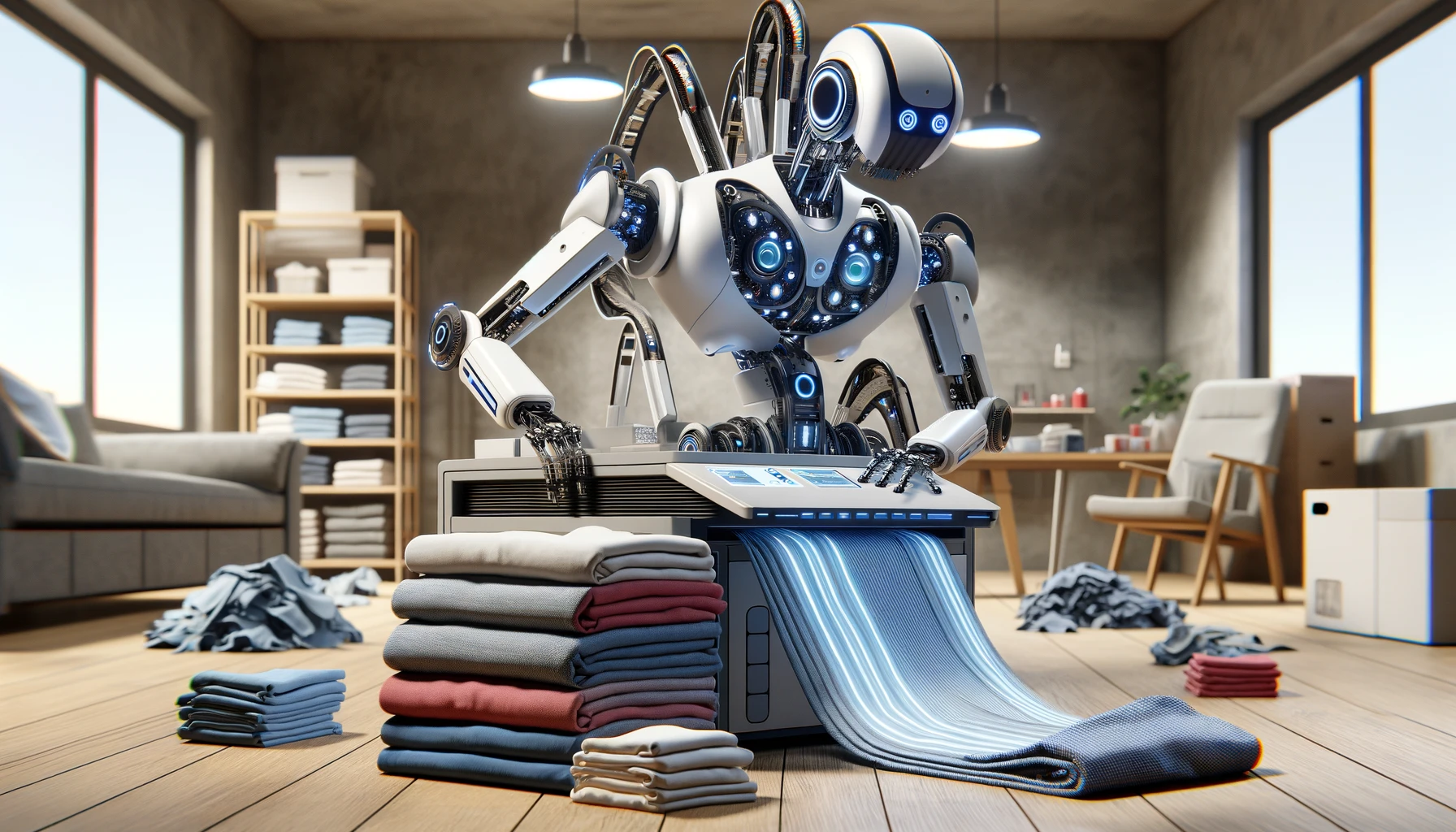
Cancer meet AI…and DIE
Welcome to AI Collision 💥,

In today’s collision between AI and our world:
Slip, slop, slap, AI
Why is Samsung in love with Google?
Crypto + AI a match made in heaven
If that’s enough to get the sunscreen splurting, read on…

AI Collision 💥 Sid the Seagull in the 21st century
A couple of family members of mine recently had some small skin cancers cut out. It wasn’t the first for either of them.
For myself, growing up in Australia, the risk of something similar in my lifetime is pretty high.
According to Cancer Council Australia, around two in three Australians will have some form of skin cancer by the time they’re 70.
So, yep, the odds are pretty high.
Hopefully, the fact I grew up with massive “SunSmart” awareness, like the following advert, means the chances are a little less than those of my two (older) family members.
Good old Sid the Seagull and the “Slip, Slop, Slap” advert from the 80s was the most successful SunSmart ad in Australian history.
It means that even today, with my relatively fair-skinned sons, we are part of what we call “the shade crew”. And yes, it means I’m one of the few people on Portuguese beaches who wears a “rashie”.
Still, if you’re a human being, it’s kinda impossible to avoid the sun 100%. Meaning there’s still a high chance of developing some kind of skin cancer even if you live in somewhere not so sunny, like the UK.
Even in the UK, one in four men and one in five women will develop some form of skin cancer in their lifetime.
That’s why being able to detect and prevent skin cancer is of the highest importance to our society. Catch them early, treat them early and avoid them turning into something far, far worse.
Up until now, there’s been a number of ways that doctors, GPs and specialists can identify skin cancers. But there’s never been a way that’s been medically cleared by regulators that involves using AI to identify skin cancer.
Until now.
Last week, a relatively unknown company called Dermasensor had its non-invasive skin cancer detection device cleared by the US Food and Drug Administration (FDA).
The company announcement said,
“…physicians can use DermaSensor’s AI-powered spectroscopy technology to non-invasively evaluate the cellular and subcellular characteristics of a lesion in question for skin cancer. The wireless, handheld device then provides an immediate, objective result using an FDA-cleared algorithm.”
But here’s the best part,
“In a companion clinical utility study with 108 physicians, the DermaSensor device was found to decrease the number of missed skin cancers by half (from 18% to only 9%), increasing the physicians’ accuracy and confidence in assessing cancerous lesions.”
What this tells us is that this AI-enabled skin cancer detection device makes GPs better.
It’s not something that will replace the GP. It’s not a form of AI that’s coming for your job. It is the perfect example of how AI will help us do things better.
This is the net benefit of AI technology. If it helps GPs do their job faster and better that’s a net benefit for GPs.
If it also means that it detects skin cancers better and earlier and eases the burden on healthcare – that too is a net benefit.
If it ends up detecting something that saves someone’s life, then, of course, that’s a net benefit to the person, but also to the economy. It’s a productive member of society that can still contribute.
When you start to add up the net benefit across all facets of society with technology like this, you start to quickly see how important the integration of AI technologies into healthcare can be.
Sadly, I can’t see an investable way into Dermasensor for now. But I can guarantee this won’t be the last time we see this kind of collision of AI with healthcare.

AI gone wild 🤪
I was scrolling through some of my social media feeds on the weekend when, on X.com, I came across an interesting tweet.
I ended up sharing it to myself in an email where I put in the subject line, “This feels important”.
The tweet was this:

Kurian is the CEO of Google Cloud.
Last week, Samsung unveiled its latest “flagship” range of phones: the Galaxy S24 series.
Aside from a few newfangled things like a killer anti-reflective screen and cameras (so many cameras!), the big talking point was around its integration of AI.
More specifically, Google’s AI.
What I found interesting about this is that Samsung didn’t take this in-house. The company outsourced its AI integration here to Google.
You see, Samsung is also a competitor of Google in the smartphone game. Albeit Google isn’t a major threat to Samsung’s offering.
But Apple is.
And Samsung has turned to a competitor to make its flagship phone that competes with the iPhone supercharger with Google’s Gemini.
Apple has been quiet for a while on all fronts AI-related. The big talking points about Apple recently have all been related to spatial computing with its tier Vision Pro product – which sold out last week too and is likely going to generate a truckload of cash for Apple (but that’s a different story for another day).
No one is talking about Apple AI, though. It’s as though it doesn’t exist. Except it does. We know that it’s not sitting still on AI, but it’s also not rushing anything to market.
Microsoft is tightly in bed with OpenAI.
Samsung is now clearly tightly in bed with Google.
Apple… is a lone wolf, and it feels like when it does hit the market with something very specifically AI-related, it’s going to be big.
That’s why the Samsung thing is interesting. I’m guessing it knows a thing or two about what Apple might be doing. And it wasn’t going to sit around and wait to find out for real what it might be.
So they went to Google, a ready-made generative AI leader and plugged it straight into their eyeballs. Now, it’s a step ahead of Apple. For now, at least.
But I suggest that you watch this space. These tie-ups happen not for love but definitely for money.

Boomers & Busters 💰
AI and AI-related stocks moving and shaking up the markets this week. (All performance data below over the rolling week).

Boom 📈
AMD (NASDAQ:AMD) up 18%
Taiwan Semiconductor (NYSE:TSM) up 12%
Nvidia (NASDAQ:NVDA) up 8%
Bust 📉
iRobot (NASDAQ:IRBT) down 42%
Wearable Devices (NASDAQ:WLDS) down 14%
Guardforce AI (NASDAQ:GFAI) down 17%

From the hive mind 🧠
AI meet blockchain. Blockchain, meet AI. It seems you both have a lot in common. And perhaps you can both work together. 🤝
Is this very attractive model real or not real? Or is she real because you know she’s not real, which makes her real? Or is this just too weird to even begin with?
It seems like Davos was all raging about AI, both in a good way and in a let’s regulate the hell out of this way. Clearly, all world leaders want to lead the world on AI.

Artificial Polltelligence 🗳️ the results show
In a very serious, thought-provoking poll last week, we asked the question: Does Elon’s Optimus robot fold clothes faster than your kids?
I raced my kids to fold clothes over the weekend, and they sucked at it. The slow robot beat them every time.
So, what about you?

“Yes” dominated the vote.
Not surprising. And, perhaps, an indication that household robots are closer than we think.
However… those who answered no, I have to ask: How on earth do you get your kids to fold clothes that quickly?


Weirdest AI image of the day
Conan the Bunker Destroyer (WW2) – r/Weirddallee


ChatGPT’s random quote of the day
“It’s not that we use technology, we live technology.”
– Godfrey Reggio

Thanks for reading, see you on Tuesday. And if you’re enjoying our work, please like, share and leave comments below,
Sam Volkering
Editor-in-Chief
AI Collision

